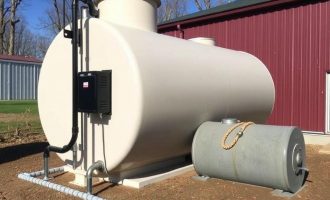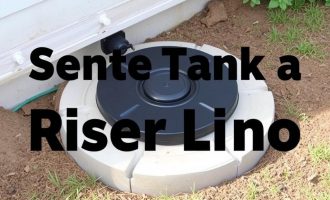A septic system is a hidden hero in many homes, quietly managing wastewater and keeping your property functional and healthy. If you live in a rural area or a home not connected to city sewer lines, your septic system is essential for wastewater treatment. However, like any system, septic tanks and drain fields require proper care and maintenance to function correctly and last for many years. Understanding how to extend the life of your septic system is not just about avoiding costly repairs; it’s about protecting your home, the environment, and your peace of mind. In this comprehensive guide, we’ll explore practical, easy-to-follow steps you can take to keep your septic system running smoothly for as long as possible.
- What Is a Septic System and Why Does It Matter?
- Signs Your Septic System Needs Attention
- How to Extend the Life of Your Septic System: Proven Tips
- 1. Schedule Regular Septic Tank Pumping
- 2. Use Water Efficiently
- 3. Be Mindful About What Goes Down Your Drains
- 4. Maintain Your Drain Field
- 5. Regular Inspections and Maintenance
- 6. Keep Detailed Records
- Common Mistakes That Shorten Septic System Life
- How to Choose the Right Septic System Service
- Technology and Innovations in Septic System Maintenance
- Environmental Benefits of Maintaining Your Septic System
- Summary Table: Key Practices to Extend Septic System Life
- Frequently Asked Questions About Septic Systems
- How often should I pump my septic tank?
- Can household chemicals damage my septic system?
- What should I plant over my drain field?
- Is it necessary to get a professional for septic maintenance?
- Can I use additives to maintain my septic system?
- Steps to Take If Your Septic System Fails
- Final Thoughts on Extending the Life of Your Septic System
- Conclusion
What Is a Septic System and Why Does It Matter?
Before diving into how to extend the life of your septic system, it helps to understand what it is and how it works. A septic system is an underground wastewater treatment structure, most commonly used in areas without centralized sewer systems. It typically consists of a septic tank and a drain field, also called a leach field. The tank collects wastewater from your home, allowing solid waste to settle and decompose, while the liquid effluent flows into the drain field where it is naturally filtered and absorbed by the soil.
The health of your septic system directly impacts your home’s sanitation, groundwater safety, and property value. When a system fails, it can cause unpleasant odors, sewage backups, and environmental pollution, not to mention costly repairs or replacements. So, understanding the basics and how to care for your septic system is essential.
Signs Your Septic System Needs Attention
Recognizing the early signs of septic system problems can save you time and money. Here are some key indicators that your system may need maintenance or repairs:
- Slow drains in sinks, toilets, or showers.
- Foul odors around the septic tank or drain field.
- Pooling water or soggy areas near the drain field.
- Unusual lush or green grass growth over the drain field.
- Wastewater backing up into the home.
If you notice any of these symptoms, it’s critical to address the issue quickly by calling a professional septic service provider. Ignoring your system can lead to severe damage and environmental hazards.
How to Extend the Life of Your Septic System: Proven Tips
Maintaining your septic system is straightforward when you follow a few essential practices. Here’s a detailed list of tips and habits to help you extend the life of your septic system:
1. Schedule Regular Septic Tank Pumping
One of the most effective ways to extend the life of your septic system is to pump your septic tank regularly. Over time, solid waste accumulates at the bottom of the tank, reducing its capacity and causing damage. Most experts recommend pumping every 3 to 5 years, depending on your household size and tank capacity. A professional pumping service will safely remove the sludge and scum, restoring your tank’s ability to treat wastewater effectively.
2. Use Water Efficiently
Water conservation isn’t just good for the environment; it also protects your septic system from being overloaded. Excessive water use can flood the septic tank and drain field, preventing proper treatment and allowing solids to flow into the drain field, which can clog and damage the system. Simple steps like fixing leaks, installing water-saving fixtures, spreading out laundry loads, and using toilets and faucets responsibly can make a big difference.
3. Be Mindful About What Goes Down Your Drains
Your septic system is designed to handle typical household wastewater, but certain substances can cause harm. Avoid flushing or pouring harsh chemicals, paints, medications, grease, or large volumes of food waste down drains. These can kill the beneficial bacteria in your tank that break down solids or cause blockages. Even non-biodegradable items like diapers, feminine products, and paper towels should never enter your septic system.
4. Maintain Your Drain Field
The drain field plays a vital role in filtering wastewater before it returns to the environment. Protect it by keeping heavy vehicles, livestock, or structures off the area to prevent soil compaction. Plant only grass or shallow-rooted plants over the drain field, as deep roots from trees or shrubs can damage the pipes underground. Regularly inspect the drain field for signs of failure such as wet spots or bad odors.
5. Regular Inspections and Maintenance
In addition to pumping, have your septic system inspected by a professional regularly—ideally every 1 to 3 years. Inspections can detect minor issues before they escalate into major problems. Professionals can check sludge levels, the condition of the tank and pipes, and identify any leaks or blockages.
6. Keep Detailed Records
This might seem like an extra task, but keeping detailed records of inspections, pumping dates, repairs, and system components will help you stay on top of maintenance and be prepared if you need to replace any part of the system.
Common Mistakes That Shorten Septic System Life
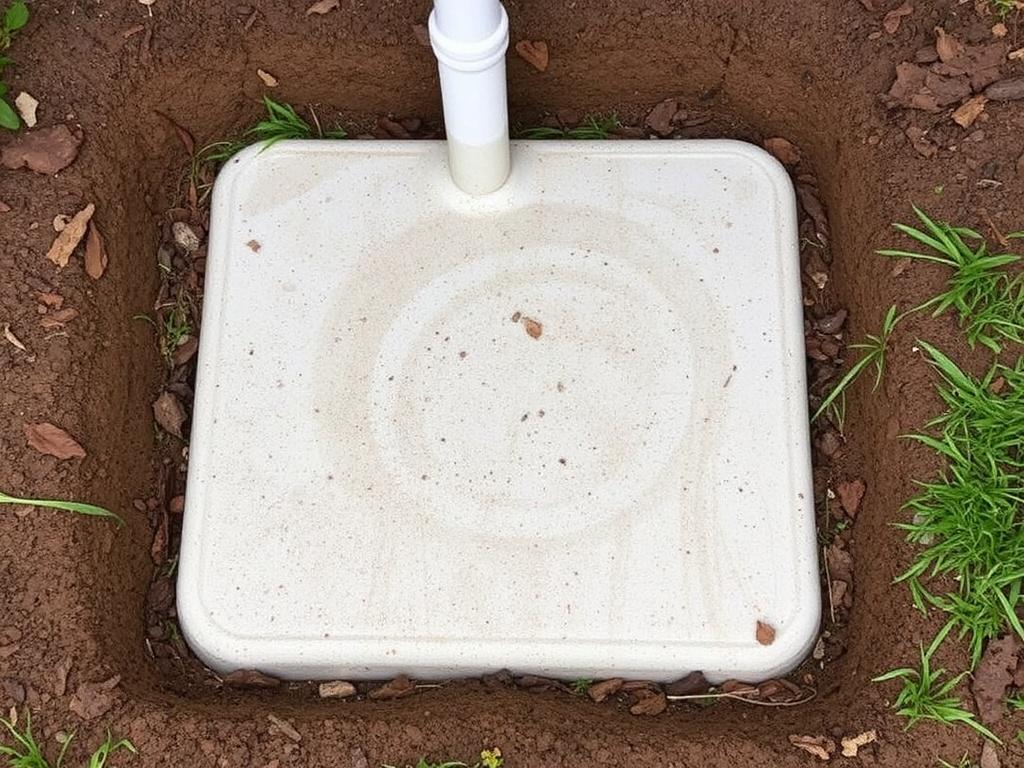
Learning what to avoid is just as crucial as adopting good habits. Here are some common mistakes that can quickly deteriorate your septic system’s health:
| Mistake | Description | Impact on Septic System |
|---|---|---|
| Ignoring Regular Pumping | Skipping septic tank pumping or delaying it beyond recommended intervals. | Leads to excessive sludge build-up and system clogging. |
| Flushing Harmful Substances | Disposing of chemicals, grease, and non-biodegradable items down drains. | Destroys beneficial bacteria and creates blockages. |
| Excessive Water Use | Overloading the system with too much wastewater at once. | Floods tank and drain field, preventing adequate treatment. |
| Driving or Parking Over Drain Field | Placing heavy vehicles on the drain field soil. | Compacts soil and damages perforated pipes. |
| Planting Trees Over the Drain Field | Allowing trees or deep-rooted plants near septic system. | Roots invade and block septic pipes. |
Avoiding these mistakes will go a long way toward preserving your septic system’s function.
How to Choose the Right Septic System Service
Not all septic service providers are created equal. When looking for experts to pump, inspect, or repair your system, consider the following:
- Licensing and Certification: Verify the company is licensed and certified to work in your area.
- Experience: Choose providers with years of experience handling septic systems similar to yours.
- References and Reviews: Look for positive customer feedback and testimonials.
- Transparent Pricing: Get clear estimates upfront to avoid surprises.
- Maintenance Plans: Ask if they offer regular maintenance service contracts to help stay on schedule.
Picking the right company can lead to better service and potentially lower costs over time.
Technology and Innovations in Septic System Maintenance
In recent years, advancements in septic system technology have improved how homeowners manage and extend system life. For example, aerobic treatment units (ATUs), advanced filtration systems, and monitoring devices provide enhanced treatment and early warning signals for system failures.
Smart septic monitoring systems can alert you remotely about abnormal tank levels or leaks, helping you act before problems worsen. Considering upgrades as part of your long-term maintenance plan may save you money in repairs and increase your septic system’s lifespan.
Environmental Benefits of Maintaining Your Septic System
A well-maintained septic system protects not only your property but also the environment. Faulty septic systems can leak harmful bacteria, viruses, and nutrients into groundwater and nearby surface water, increasing the risk of waterborne illnesses and contamination. By extending the life of your septic system and ensuring it operates properly, you contribute positively to environmental health and sustainability.
Summary Table: Key Practices to Extend Septic System Life
| Practice | Why It Matters | Recommended Frequency/Action |
|---|---|---|
| Septic Tank Pumping | Prevent sludge build-up and clogs | Every 3-5 years |
| Inspections | Identify issues early | Every 1-3 years |
| Water Conservation | Avoid system flooding | Ongoing |
| Avoid Harmful Dumping | Protect beneficial bacteria and pipes | Ongoing |
| Drain Field Protection | Prevent soil compaction and pipe damage | Ongoing |
Frequently Asked Questions About Septic Systems
How often should I pump my septic tank?
Most households need pumping every 3 to 5 years, but factors like tank size and family size can influence this. Regular inspections will help determine the best schedule.
Can household chemicals damage my septic system?
Yes. Harsh chemicals such as bleach, paint thinners, and disinfectants can kill the beneficial bacteria necessary for breaking down waste.
What should I plant over my drain field?
Only grass or plants with shallow roots. Avoid trees or large shrubs that can damage underground pipes.
Is it necessary to get a professional for septic maintenance?
Absolutely. Professionals have the tools and knowledge to inspect and maintain your septic system safely and effectively.
Can I use additives to maintain my septic system?
Generally, septic system additives are not recommended as they can sometimes do more harm than good by disrupting bacterial balance.
Steps to Take If Your Septic System Fails
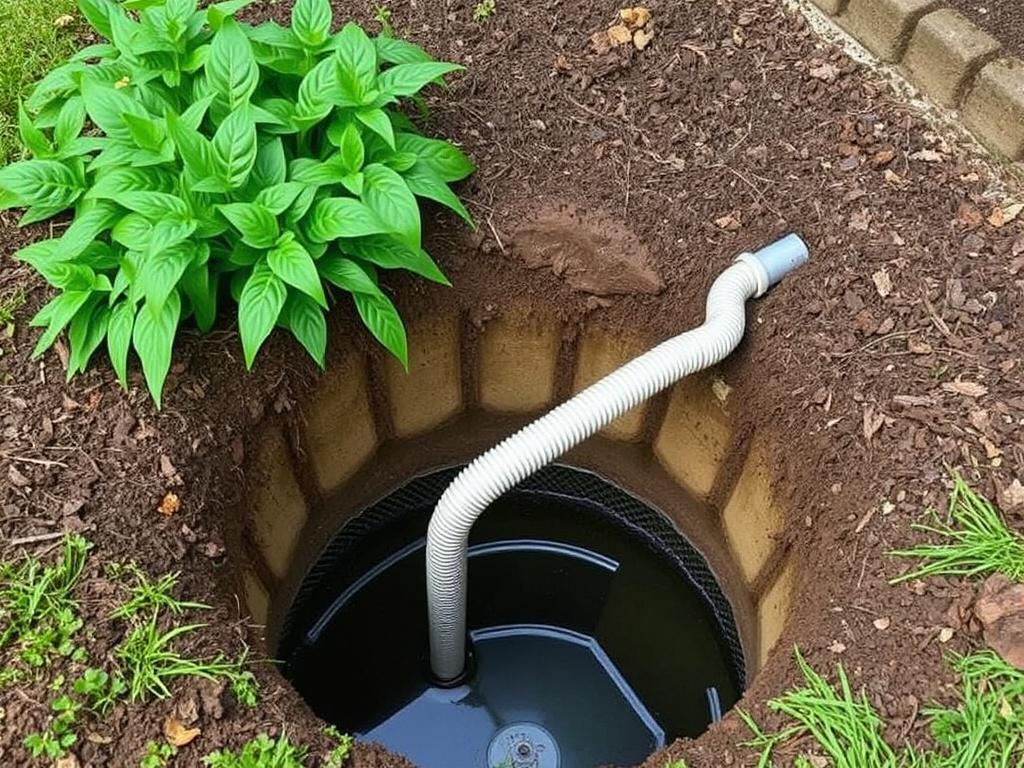
Although prevention is the best strategy, sometimes failures happen despite the best care. If you suspect your septic system is failing—such as sewage backing up or unusual smells—take immediate action:
- Stop using water as much as possible to prevent further damage.
- Contact a licensed septic service professional for inspection and repairs.
- Avoid driving or walking on the drain field area.
- Do not attempt DIY repairs for major issues.
- Consider temporary alternatives for wastewater management until repairs are made.
Addressing failures early will minimize the cost and environmental impact.
Final Thoughts on Extending the Life of Your Septic System
Your septic system might be out of sight, but it should never be out of mind. By understanding how your septic system functions and taking practical steps such as regular pumping, water conservation, careful disposal of waste, and protecting the drain field, you can extend the life of your system significantly. Avoid common mistakes and seek professional assistance when necessary to keep your septic system working efficiently and safely for decades. With just a little effort, you preserve your home’s sanitation, protect the environment, and save money in the long run.
Conclusion
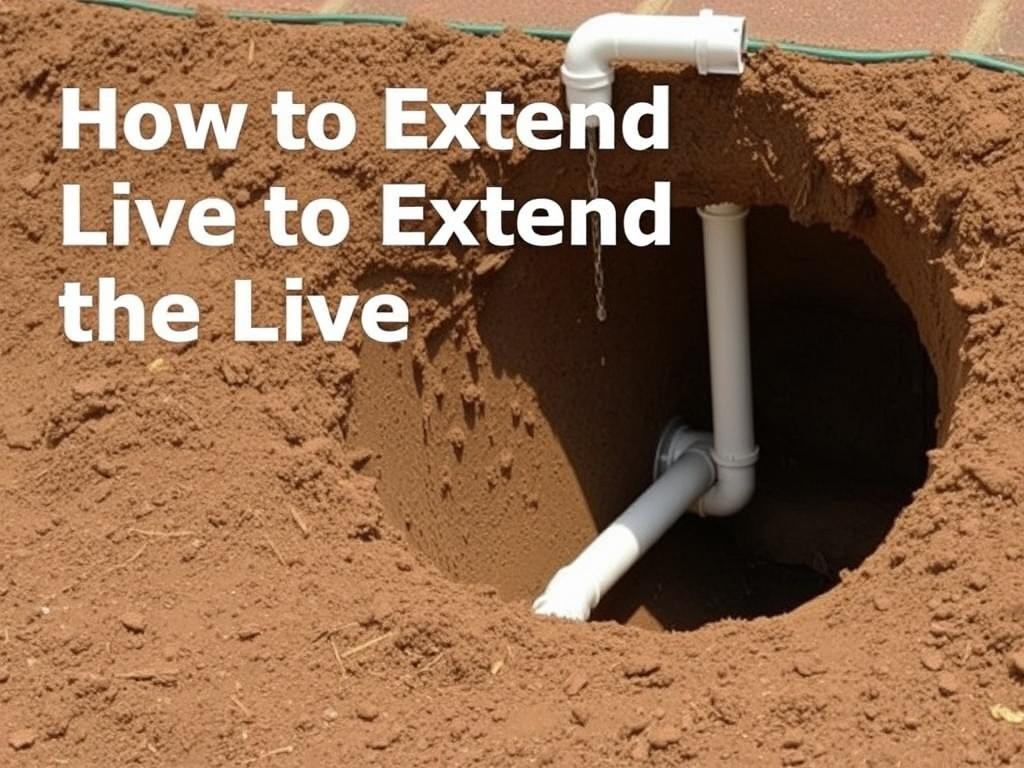
Extending the life of your septic system is both a responsibility and an opportunity for every homeowner. By adopting simple yet effective maintenance habits, paying attention to warning signs, and partnering with trustworthy septic professionals, you ensure that your system remains a reliable, safe, and environmentally friendly part of your home infrastructure. Remember, prevention is much easier and cheaper than repair, so investing time and care into your septic system today will pay off for many years to come. Your septic system may be hidden, but its impact on your home and health is undeniable—treat it with the respect it deserves.
Помогла вам статья?


